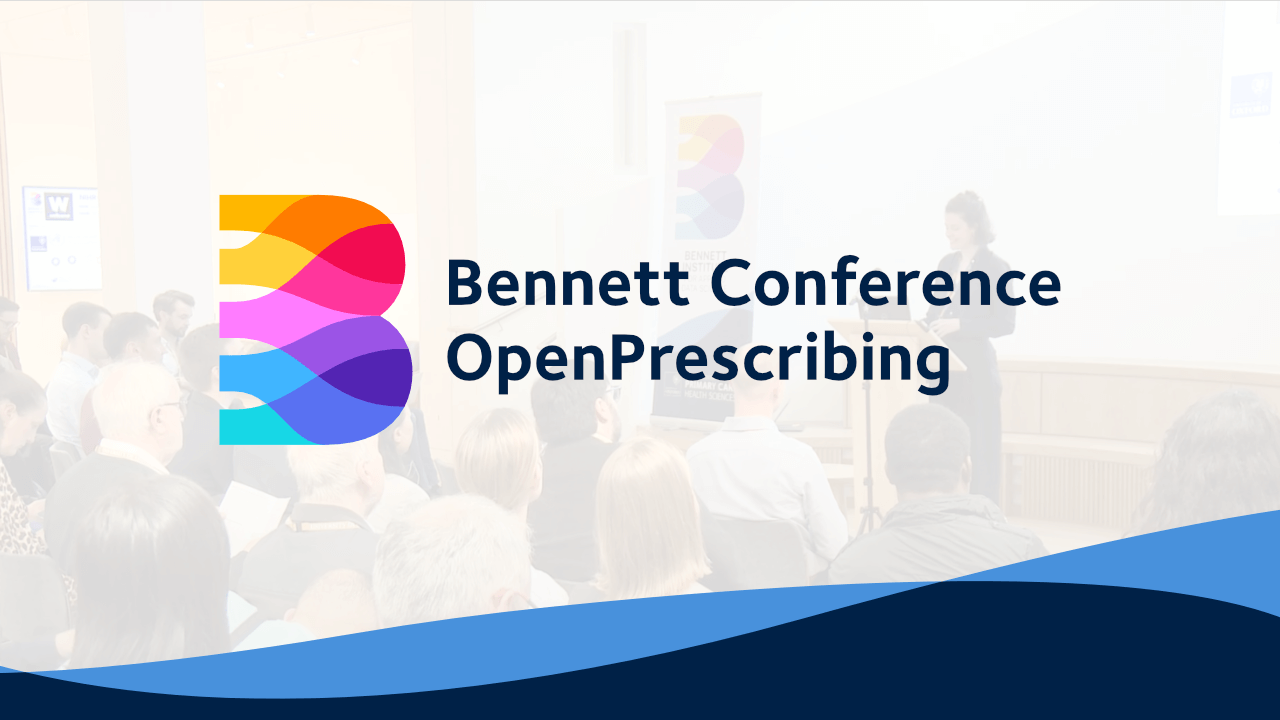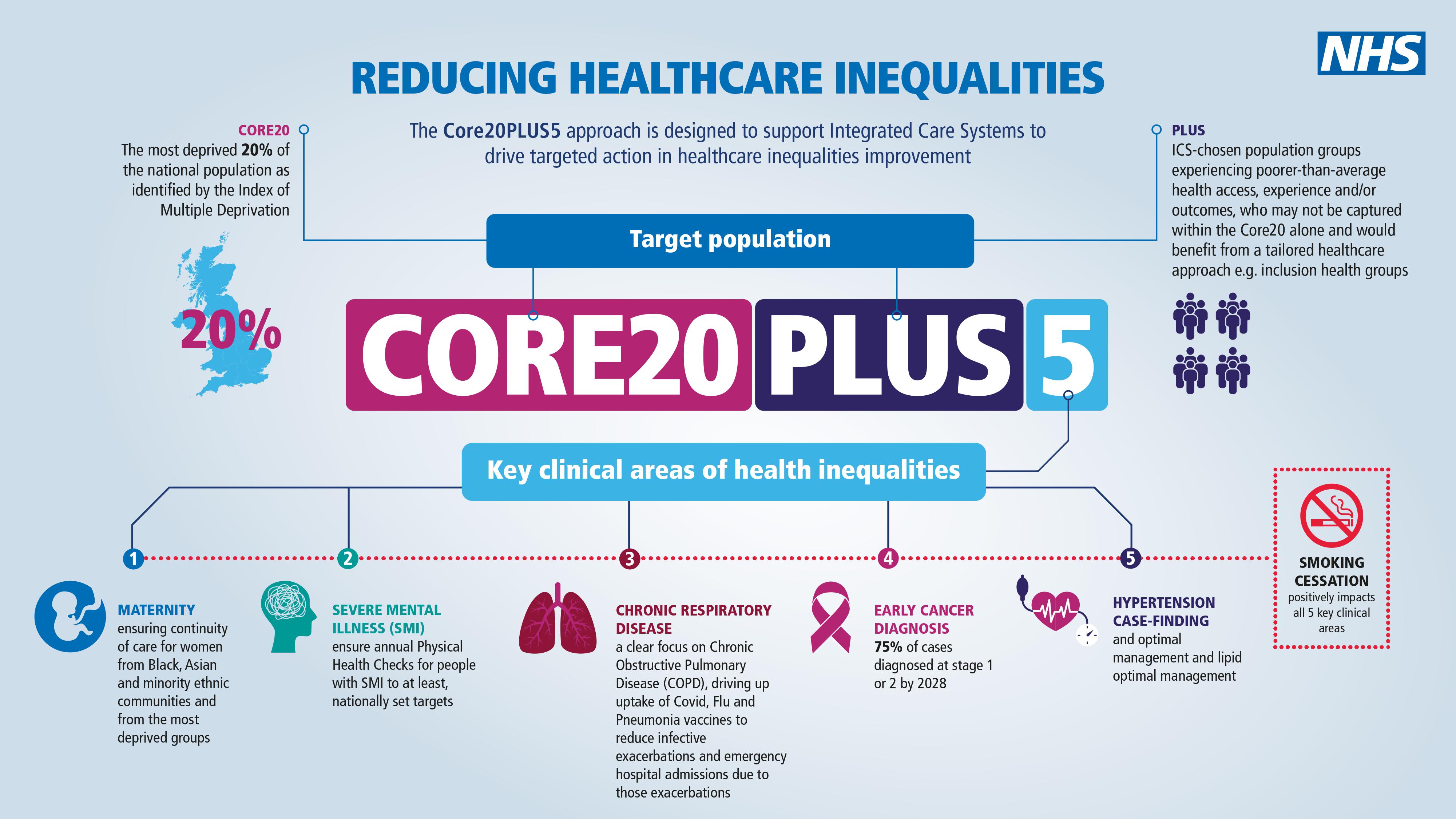
- Posted
- Categories
-
- Team
We're hiring!
We have just advertised an exciting and unusual new job. An exciting fellowship based at Jesus College, and working with our amazing team. Closing date: 09/02/2024 12:00 pm.
Latest news and views from around the Bennett Institute

We have just advertised an exciting and unusual new job. An exciting fellowship based at Jesus College, and working with our amazing team. Closing date: 09/02/2024 12:00 pm.

This blog describes how we develop new measures at OpenPrescribing.

The final session was a series of talks highlighting some of the research conducted in OpenSAFELY, some external perspectives on OpenSAFELY, and concluding remarks from our benefactor Peter Bennett, and director Ben Goldacre.

The third session in the Bennett Conference was a series of talks describing the overall operation of the OpenSAFELY platform and service.

The second session in the Bennett Conference was a series of talks covering the history, technical underpinnings, research and use cases of OpenPrescribing.

The first session in the Bennett Conference discussed past and present work of the Institute on research integrity and policy issues.

A whistlestop tour of the whole history of our group, from OpenPrescribing via TrialsTracker to OpenSAFELY and on through Open Science, policy work, and more

The COVID-19 pandemic has reshaped many aspects of healthcare, including how antibiotics are prescribed in primary care settings. In this guest blog, Professor Diane Ashiru-Oredope lead pharmacist for antimicrobial resistance at UK Health Security Agency and our own Brian MacKenna, share some insights on repeat antibiotic prescribing and the link to health inequalities from a recent UK Health Security Agency analysis using OpenSAFELY.

A common question asked of the Bennett Institute is ‘have you got a tool to map BNF codes to dm+d codes?’ We’ve created one to download

We’ve been busy creating new measures for OpenPrescribing.net, and reviewing ones which aren’t needed any more.

We’ve been busy doing housekeeping on OpenPrescribing.net measures. Here’s a summary of the main changes.

We are delighted to share the announcement from NHS England and Department of Health and Social Care below, setting out the future of OpenSAFELY.

In this guest blog, Bang Zheng and Laurie Tomlinson from the London School of Hygiene and Tropical Medicine describe some of their lastest work on the comparative effectiveness and safety of currently recommended COVID-19 therapeutics in the community settings.

We have just advertised an exciting and unusual new job. An exciting fellowship based at Jesus College, and working with our amazing team.

OpenPrescribing Autumn 2023 Newsletter.

In this guest blog, Mark Russell describes the research that he has undertaken with the help of his team from King’s College London using OpenSAFELY.

Xiaomin Zhong, Ya-Ting Yang, Dr Ali Fahmi, Dr Victoria Palin and Professor Tjeerd Van Staa from Manchester University have been using OpenSAFELY for analyses focused on the impact of COVID-19 on antimicrobial resistance since 2021. In this guest blog they describe some of their recent papers that have been published in peer review journals.

In this blog, we describe how OpenPrescribing tools helped identify and investigate a sudden £450k per month increase in NHS expenditure